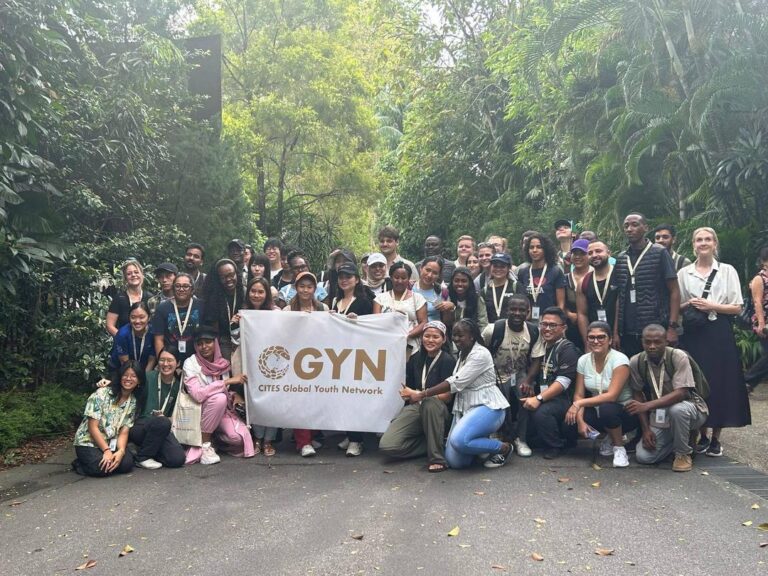
From 22 to 25 April 2024, the Global Youth Biodiversity Network (GYBN) Burkina Faso Chapter was represented by Mr Nouhou Zoungrana at the CITES Youth Leadership Program (CYLP) and the launch of the CITES Global Youth Network (CGYN) in Singapore. Mr Zoungrana, nominated by the CITES Management Authority for Burkina Faso, joined 41 young leaders from 31 countries, all committed to the conservation and sustainable trade of wildlife species.
CITES, signed on 3 March 1973 and in force since 1 July 1975, is a key tool for wildlife conservation. Ratified by Burkina Faso in 1989, CITES regulates international trade in more than 40,900 species of wild animals and plants to ensure their sustainability, legality and traceability. More information about CITES (www.cites.org)
The CGYN aims to mobilize youth to tackle the illegal wildlife trade by equipping them with the knowledge and skills they need to make a significant impact. The initiative aims to raise young people’s awareness of conservation issues and get them actively involved in solving this global problem.
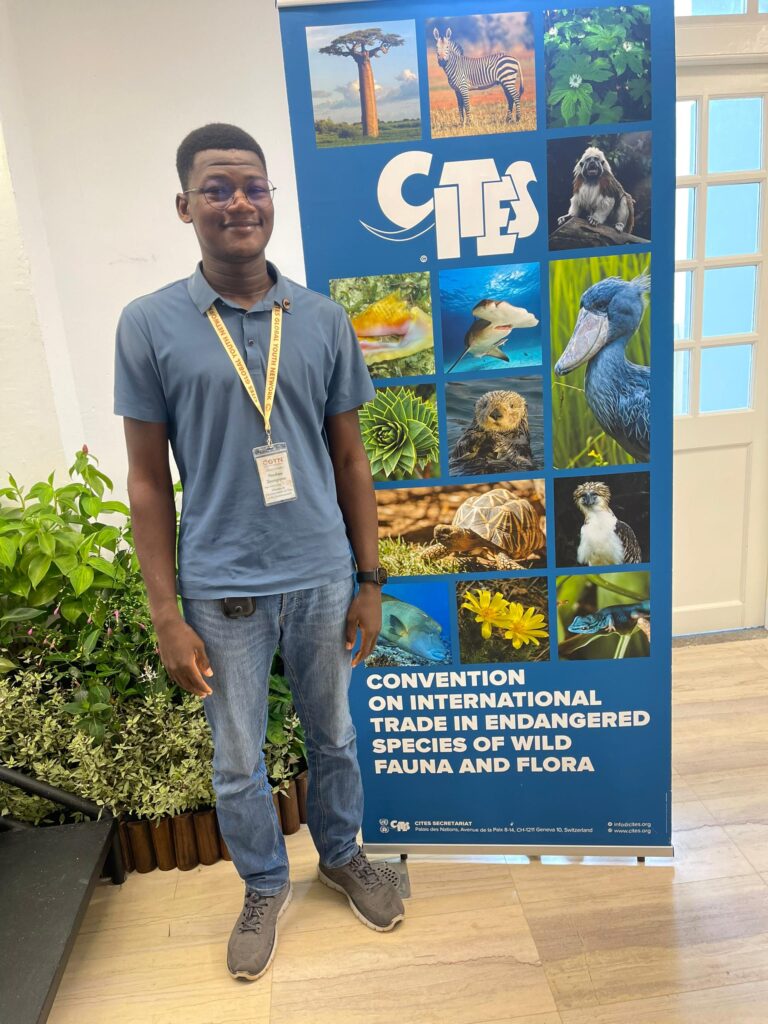
Venue: Fort Canning Centre
Ms Yu-Ning emphasized the importance of collaboration in conserving biodiversity and highlighted Singapore’s success in this area through effective management.
Ms Higuero expressed her gratitude to all the partners and stressed the importance of youth voices in the CITES mission to ensure the survival of species.
Presented by Axel from Global Youth Biodiversity Network (GYBN) and Roaa Alobeid from the Global network of children and youth activists (YOUNGO), This seminar was an exploration of the work of these youth organisations in relation to the United Nations Framework Convention on Climate Change (UNFCCC) and the Convention on Biological Diversity (CBD).
Ms Flensborg explained the mechanisms of CITES, how COPs are structured, and how to access and analyse CITES documents.
Venue: Centre for Wildlife Forensics, Centre for Wildlife Rehabilitation and Mandai Zoo
WE learned about Singapore’s efforts to rehabilitate wildlife and use forensic science to combat the illegal wildlife trade, with the significant advances in the protection of global biodiversity.
We were engaged in an interactive exploration of the zoo to gain a deeper understanding of endangered species.
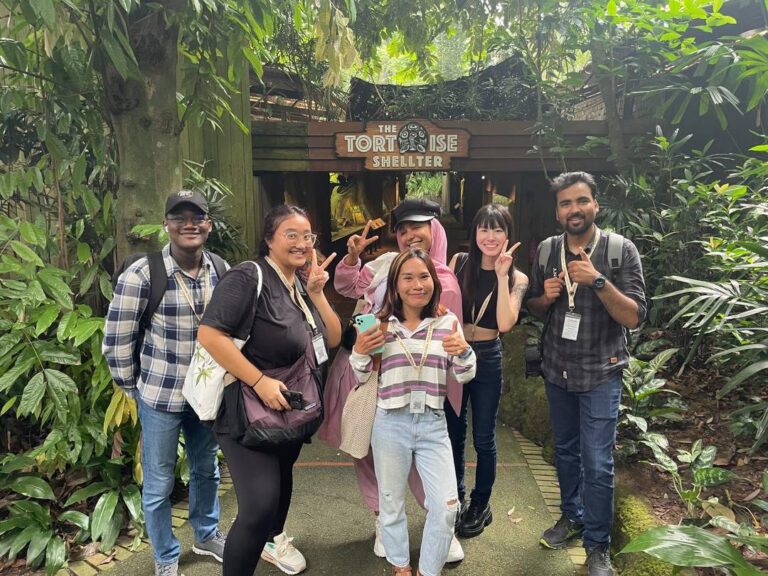
It was a simulation of the CITES COP with negotiations on the addition of a fish species to Appendix 2 of the convention notified by some parties.
We worked together to develop and improve the CGYN’s vision and mission.
The purpose of the panel was to discuss the difficulties associated with the Convention on International Trade in Endangered Species (CITES) and cultural exchanges.
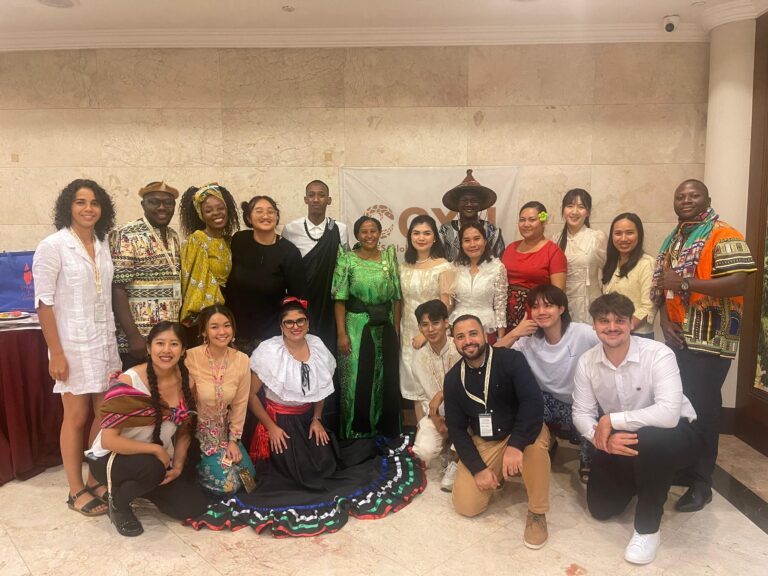
Venue: Botany Center
Following a discussion on shared experiences, we went into a clear outline of the five pillars of the CGYN roadmap, followed by the Closing ceremony with thanks to participants and partners.
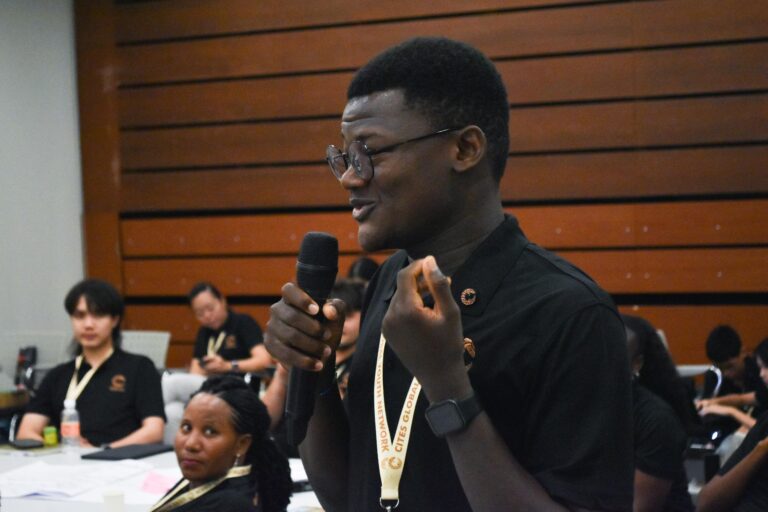
This event was an important milestone in our commitment to preserving the world’s biodiversity. By joining forces, we can help shape a sustainable future. We would like to thank all the stakeholders and partners who supported our participation, in particular the Burkina Faso Ministry of the Environment and technical and financial partners such as NParks, CITES, UNDP and the Temasek Foundation.
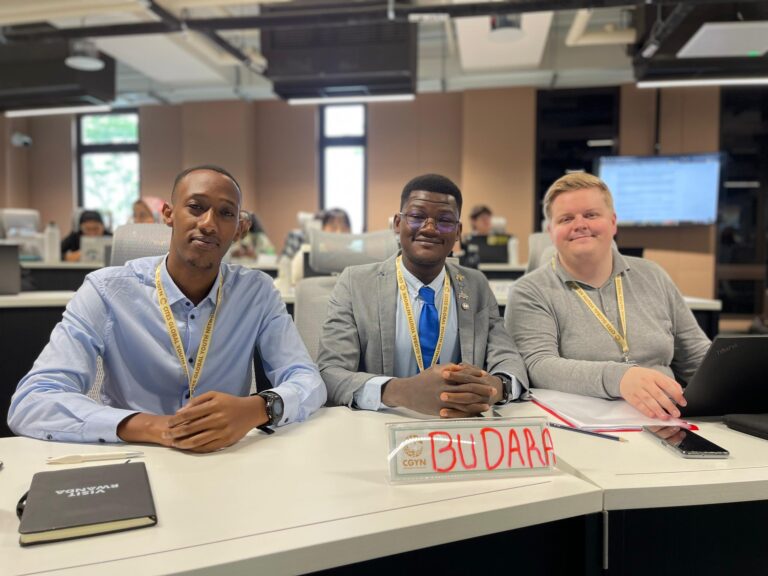
Information about the author:
Nouhou Zoungrana is an AFAS fellow from the 1st master cohort based at the Université Félix Houphouët-Boigny in Côte d’Ivoire.
(nouhou.zoungrana[at]gmail.com)